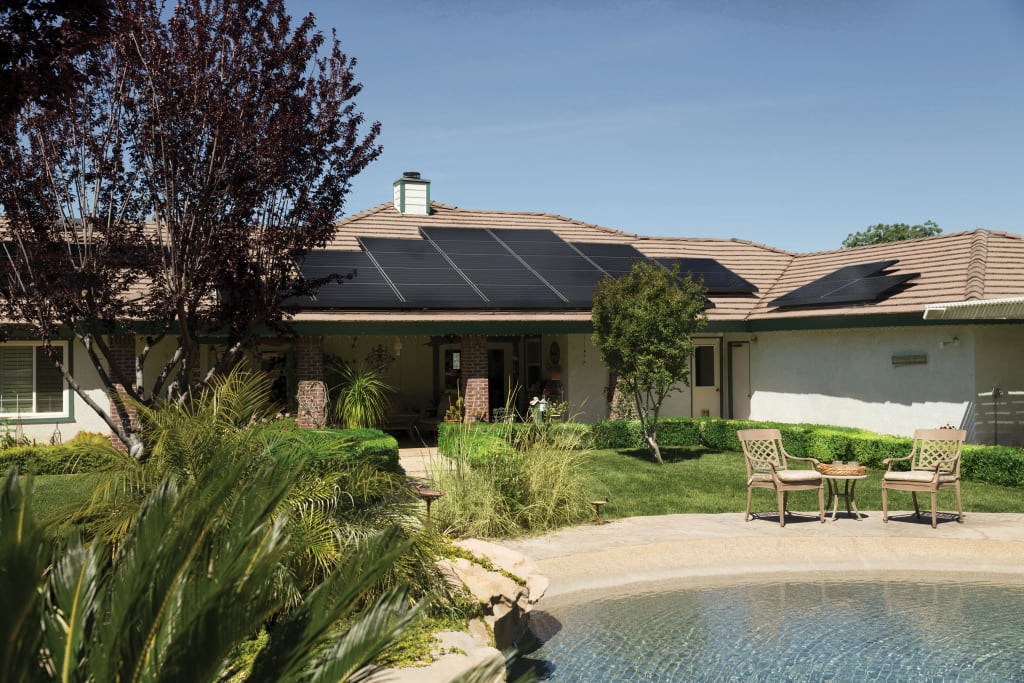Variety of Solar
How the variety of Solar Panels gives you many options to preserve energy in your home.

Everyone wants to jump onboard when it comes to using cleaner energy. After all why shouldn't we? Using energy that is clean will help the planet in the long run and by helping the planet we help ourselves.
What are Solar Panels and How do They Create Clean Energy
Solar panels are the actual devices that enable us to harness clean energy. They have the ability to capture energy from the sun and convert it into electricity. The sun sets loose an energy force called protons.
These protons travel millions of miles to get to earth. And how do Solar Panels create clean energy?Well, once a proton comes into contact with a solar cell, the electrons in the protons are shaken loose, separating away from their atoms. When electrons travel thorough this type of circuit, it creates electricity.
Solar panels are made from cells. The more panels there are the more energy that can be harnessed. Once a business or homeowner has decided to make the right choice and began participating in green alternatives, they can then decide which products are the best. Solar panels come in a variety types. Choosing the best kind of panels will depend greatly on how they will be used and for how long.
Types of Solar Panels
Of the many types of solar panels, one is the monocrystalline solar panels. The efficiency rate of these panels are around 20% or higher. Monocrystalline panels are highly recommended for commercial use. Differences Between Solar Panels.
The efficiency rate of Polycrystalline solar panels are 15%, higher or lower. Thin-Film Amorphous Silicon Solar Panels have the lowest efficiency rates, while the Concentrated PV Cell has the highest rate of 41%. The efficiency of panels matters a lot in the solar panel market.
Single crystal silicon is what the cells in Monocrystalline solar panels are made of. The silicon is melted into bars and then sliced into wafers. Unlike Polycrystalline solar panels that contain many different pieces of silicons that have been melted down and then combined.
By Monocrystalline cells only having one single-crystal silicon, the panels are able to be much more efficient and work a lot quicker. The electrons are able to move much quicker, inside of the single crystal than inside of various fragments. With the cells containing various types of silicons, electrons have a harder time moving around, because there is less room. Polycrystalline panels are cheaper than Monocrystalline panels.
Depending on the buyer, a cheaper price for solar panels that have less efficiency may be just the ticket. However, for a business that wishes to use the panels for commercial use, the Monocrystalline may be preferred. The advantages and disadvantages Among Various Solar Panels.
Thin-Film Amorphous Silicon Solar Panels are created from a substance. This substance is photovoltaic. It contains Amorphous silicon, Copper Telluride, Dye-sensitized solar cell and more. These substance combinations have been used commercially successfully. Thin film cells are very economical.
Concentrated PV Cells have taken off as one of the most efficient cells on the market today. The reason why is because of the concentrated light maneuver onto the cells. This maneuver greatly heightens the output from the system. The photovoltaic system has now become that much more beneficial. due to this process. In this process optical light collectors are utilized. These collectors can be lenses or mirrors. The goal is to bring together light from a larger area to a much smaller area, with the goal of achieving optimum efficiency.
Concentrated PV Cell systems are costly. This system requires advanced cooling systems and tracking structures. This state-of-the -art system is anticipated to grow within the solar panel market. With less material being needed for this system, it is expected that the cost may become a little more level with time.





Comments
There are no comments for this story
Be the first to respond and start the conversation.